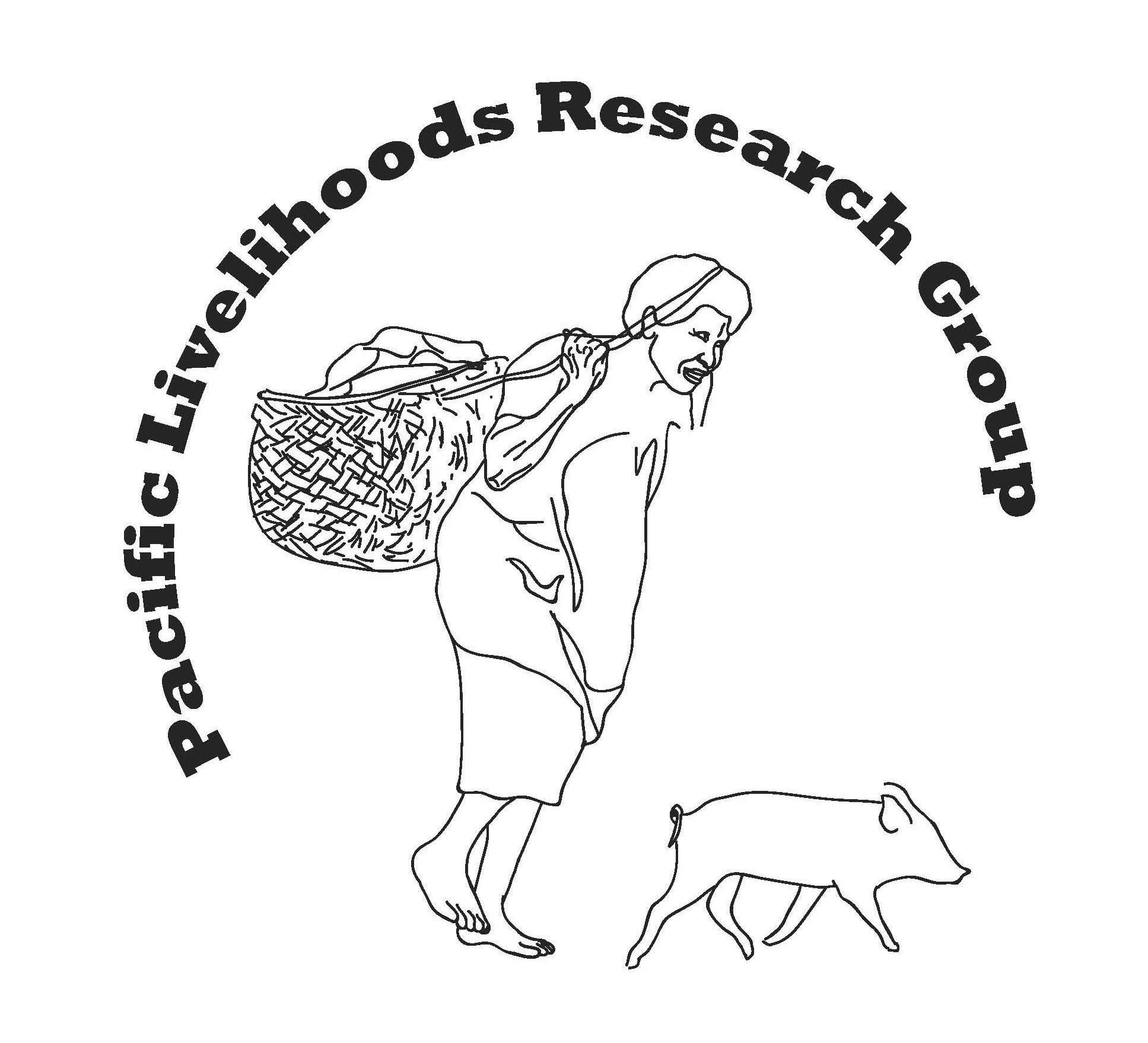Improving livelihoods of smallholder coffee communities in Papua New Guinea (ACIAR ASEM-2016-100).
2017-2022
Project Leader:
Prof George Curry (Curtin University), and co-investigators, Dr Timothy Sharp (Curtin University), Dr Gina Koczberski (Curtin University) and Dr Mike Webb (CSIRO)
PNG Research Partners:
Coffee Industry Corporation: Dr Reuben Sengere (Project leader)
Coffee is central to the livelihoods of people in the highlands region of Papua New Guinea. Despite coffee’s economic significance annual national production has stagnated over the past decade. This is despite a rapidly growing population in the highlands. Like cocoa and coconuts, plantation production has declined through time with smallholders steadily increasing their share of total national production.
As the plantation sector declined, the services delivered by the plantations to surrounding smallholders such as extension, planting material and centralised processing also contracted and government extension was unable to fill this gap effectively. The result has been reduced smallholder productivity and declining quality of parchment coffee, and lower prices paid to smallholders
Coffee smallholders are sensitive to returns to labour. This has contributed to fluctuating smallholder production in response to international coffee prices. Poor processing practices have also meant many coffee smallholders receive low prices for their coffee, and this in turn has led to declining smallholder interest, particularly in locations where viable alternative income sources exist.
The overarching question for this project is how to increase returns to labour, particularly for women, through the adoption of new technologies and farming practices that improve coffee quality and total production while being compliant with the environmental criteria of the main certification organisations.
The project objectives are to:
- Develop, field test, refine and facilitate the uptake and use of an extension training package by government, private sector, PPAP and NGO-supported extension providers.
- Develop a model for demucilager use by farmer groups that delivers social and economic benefits to men and women and which is compliant with the environmental criteria of the main certification organisations.
- Design and test farmer-driven extension initiatives for mobilising labour and improving nutrient acquisition, retention and use in coffee and food gardens to improve the uptake of technologies and extension strategies.
- Identify and develop culturally acceptable and nutrient efficient coffee-vegetable intercropping systems as a means to both increase coffee yields and incomes, and improve income-earning opportunities for women.
- Assess the social and economic benefits to smallholders of direct cherry sales to processors and quantify changes in the amount and distribution of household income between men and women.
This project expands on, and implements findings from, the earlier project Improving livelihoods of smallholder families through increased productivity of coffee-based farming systems in the highlands of Papua New Guina (ASEM/2008/036).
https://www.aciar.gov.au/project/ASEM-2016-100
